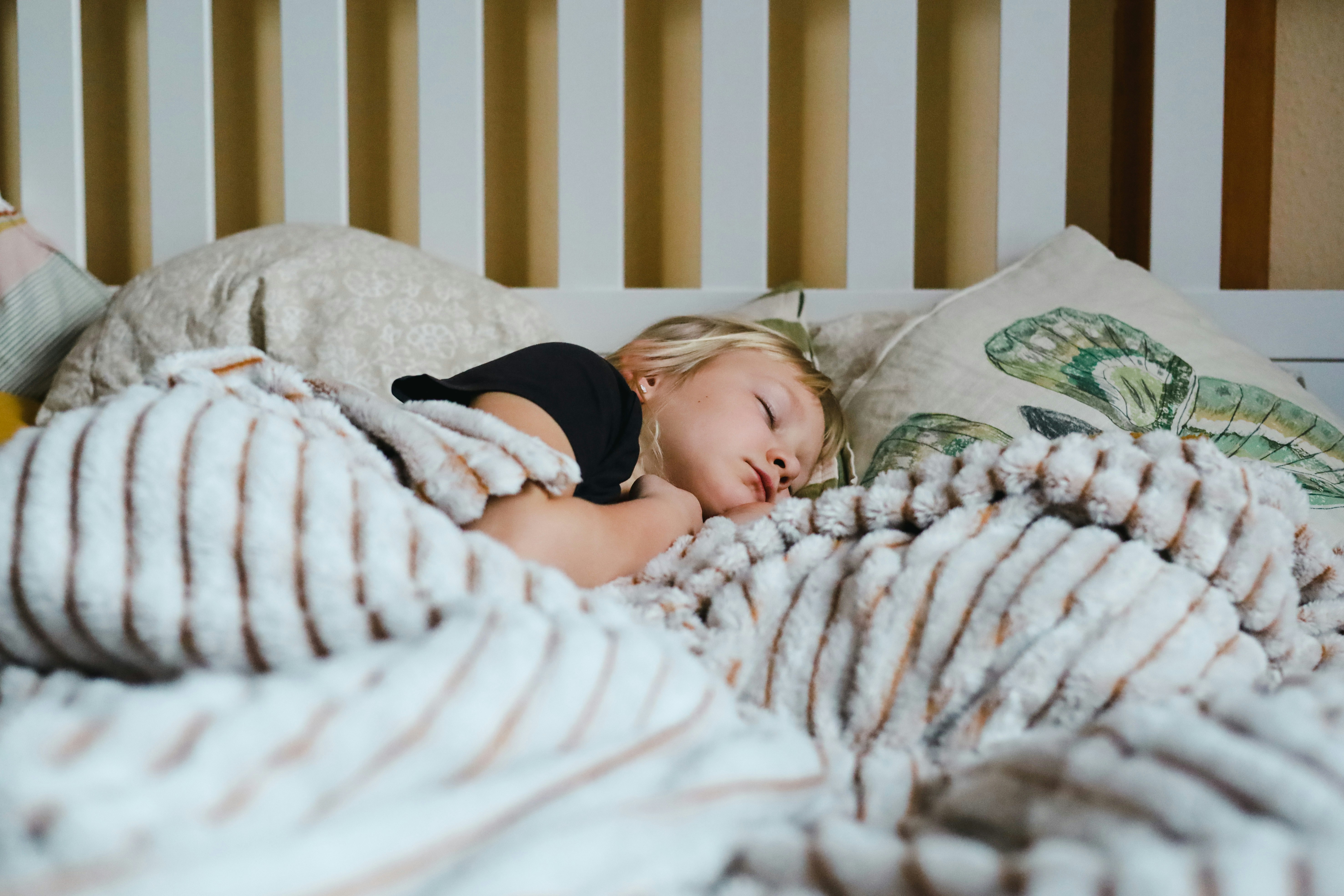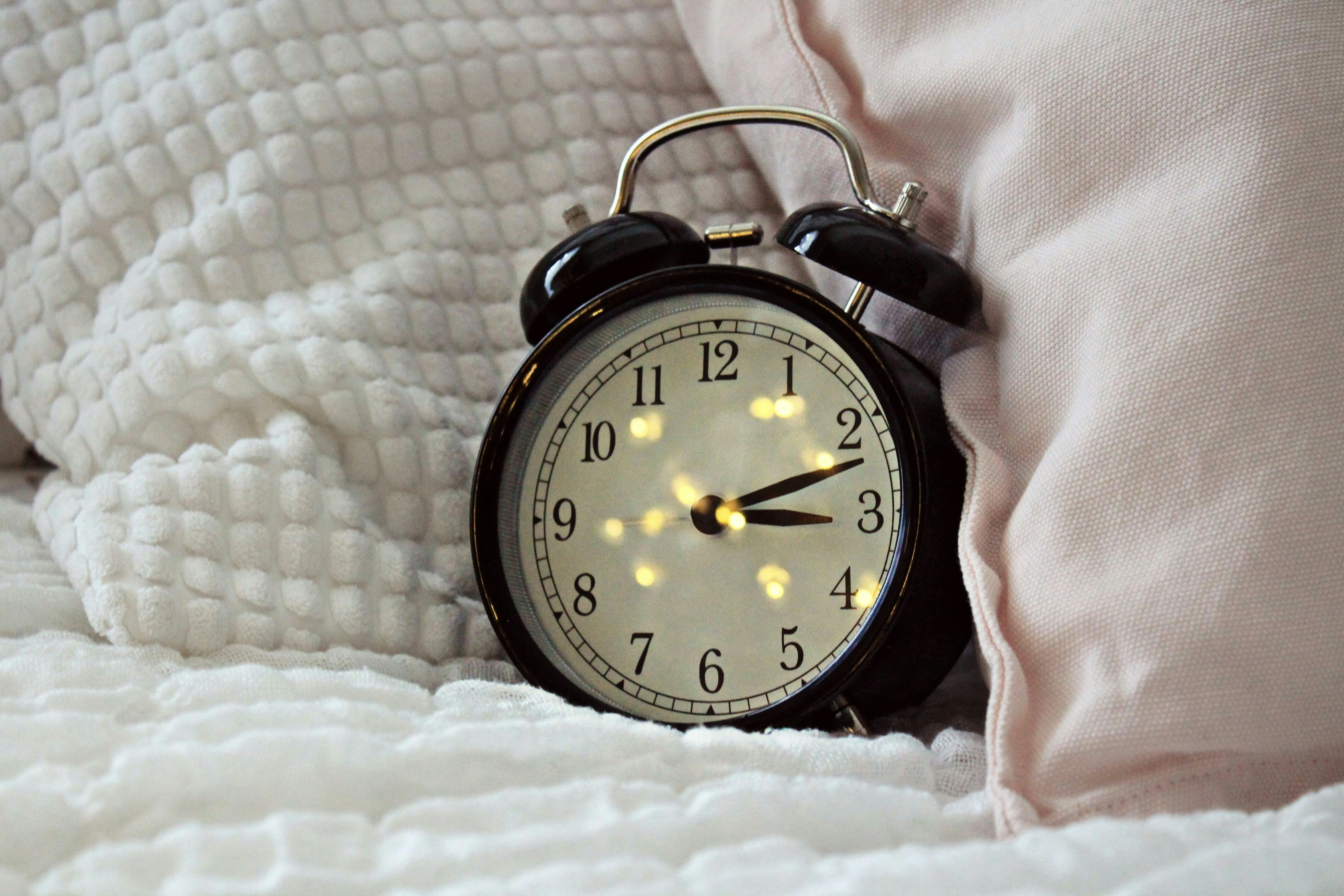Sleep and Mental Health: Why Rest is Essential for Your Mind 🧠💤

Introduction
We’ve all heard the saying, “A good night’s sleep can solve almost anything.” And while it’s often met with a roll of the eyes, it turns out that there's more truth to it than we realize. Sleep doesn’t just affect our energy levels or our appearance—it has a huge impact on our mental health too. In fact, rest might be the most powerful tool in managing stress, anxiety, and even depression.
In this post, we’re going to explore how sleep and mental health are linked, why poor sleep can leave you feeling mentally foggy, anxious, or depressed, and how prioritizing your ZZZs can significantly improve your emotional well-being. Ready to rest your way to a better mood? Let’s dive in!
1. Sleep and Your Brain: The Restorative Connection
The brain is an incredibly complex organ, and just like the rest of your body, it needs proper rest to function at its best. Sleep is when your brain gets a chance to clean house, process emotions, and restore the cognitive energy required for the day ahead.
🧠 How Sleep Helps Your Brain Reboot
When you sleep, your brain goes into “cleaning mode.” This is when your brain processes and stores memories from the day, discards unnecessary information, and essentially recharges itself for tomorrow’s challenges. Without enough sleep, this important “brain clean-up” doesn’t happen effectively.
The science : Research has shown that sleep helps strengthen the neural connections in your brain, particularly those related to learning and memory. But it also helps manage emotions by regulating the levels of neurotransmitters, like serotonin and dopamine, that are responsible for mood regulation.
🧳 Sleep and Emotional Processing
Sleep plays a huge role in emotional regulation. Ever notice how you feel a bit more irritable or overwhelmed after a poor night’s sleep? That’s because when you’re sleep-deprived, your brain has a harder time processing emotions and reacting to stress in a balanced way.
The science : Studies in The Journal of Neuroscience have shown that sleep deprivation can increase emotional reactivity, making you more prone to stress, anxiety, and negative feelings. So, if you find yourself snapping at people or feeling extra anxious after a bad night’s sleep, it’s not just in your head—it’s literally in your brain.
2. Sleep and Mental Health Disorders: A Close Relationship
Sleep disturbances are often closely linked with mental health conditions like anxiety and depression. In fact, poor sleep can be both a cause and a symptom of these conditions, creating a vicious cycle that can be hard to break.
😔 Sleep and Depression: A Symbiotic Relationship
When you're depressed, sleep disturbances are incredibly common. You may struggle with insomnia, where you can’t fall asleep or stay asleep, or hypersomnia, where you sleep too much but still feel exhausted. Both of these problems can exacerbate feelings of sadness and hopelessness, leading to a negative feedback loop.
The science : A study published in The Lancet Psychiatry found that people with sleep problems were more likely to develop depression later on. And for those already dealing with depression, poor sleep can worsen their symptoms, making it even harder to break the cycle.
😨 Sleep and Anxiety: Why Rest is Crucial
Anxiety and sleep disturbances go hand in hand, with one fueling the other. When you're anxious, your mind races, making it difficult to wind down and sleep. On the flip side, poor sleep can increase anxiety, making you feel more on edge and irritable the next day. It’s a stressful situation that can feel impossible to escape.
The science : Research has shown that sleep deprivation can make the brain more sensitive to stress, which can heighten feelings of anxiety. In fact, a lack of sleep can actually worsen anxiety disorders, leading to a vicious cycle where anxiety prevents sleep, and lack of sleep exacerbates anxiety.
3. Sleep and Stress: How Rest Helps You Cope
It’s no surprise that life can get stressful at times—work, school, relationships, and just the general chaos of modern living can make you feel like you're running on empty. But did you know that sleep is one of the most effective ways to manage stress?
😴 How Sleep Helps Regulate Stress
When you get a good night’s sleep, your body is able to lower the levels of cortisol, the stress hormone. This means that when you wake up, your body is in a better state to handle any challenges that come your way.
The science : Studies have shown that adequate sleep helps reduce cortisol levels, which in turn reduces stress. On the other hand, poor sleep leads to an increase in cortisol, making you feel more stressed out and anxious. So, if you want to reduce your stress levels, prioritize sleep!
🧘♀️ Sleep and Relaxation: The Ultimate Stress-Buster
During sleep, your body enters a state of relaxation, helping to lower blood pressure, heart rate, and muscle tension. This is crucial for your mental health because it allows your body and mind to recover from the wear and tear of daily life.
The science : Research has shown that sleep plays a key role in reducing the physical symptoms of stress, such as tension and fatigue. So, by getting enough sleep, you’re giving your body the chance to recover and recharge, which helps you deal with stress more effectively.
4. Tips for Better Sleep and a Healthier Mind
Now that you know just how important sleep is for your mental health, let’s talk about how you can improve the quality of your rest to feel better, both mentally and emotionally.
🕒 Stick to a Consistent Sleep Schedule
Your body’s internal clock thrives on routine. Going to bed and waking up at the same time every day helps regulate your sleep-wake cycle, making it easier to fall asleep and wake up feeling refreshed. Try to aim for 7-9 hours of sleep each night for optimal mental health.
🌙 Create a Relaxing Bedtime Routine
Before bed, take time to unwind and relax. Try reading a book, doing some light stretching, or practicing meditation to calm your mind. Avoid screens and stimulating activities, as they can interfere with your ability to fall asleep.
🧘♂️ Practice Mindfulness and Relaxation
Mindfulness exercises, like deep breathing and progressive muscle relaxation, can help reduce stress and anxiety, making it easier to fall asleep. Consider incorporating relaxation techniques into your bedtime routine to promote a more restful night’s sleep.
🛏️ Avoid Caffeine and Alcohol Before Bed
Both caffeine and alcohol can interfere with your sleep quality. Caffeine is a stimulant that can keep you awake, while alcohol might make you fall asleep faster but disrupts the deeper stages of sleep. Try to avoid these substances, especially in the evening.
5. Conclusion: Sleep as Your Mental Health Superpower
It’s clear that sleep isn’t just a luxury—it’s a necessity for maintaining good mental health. From regulating your emotions to managing stress, sleep plays a vital role in keeping your mind healthy and balanced. Poor sleep can contribute to mental health conditions like anxiety and depression, creating a vicious cycle that’s hard to break.
So, if you’re feeling stressed, anxious, or mentally drained, remember that a good night’s sleep might be the most effective remedy. It’s a simple, natural way to reset your brain, improve your mood, and start your day with a clearer mind.
“Sleep is the golden chain that ties health and our bodies together.” — Thomas Dekker




